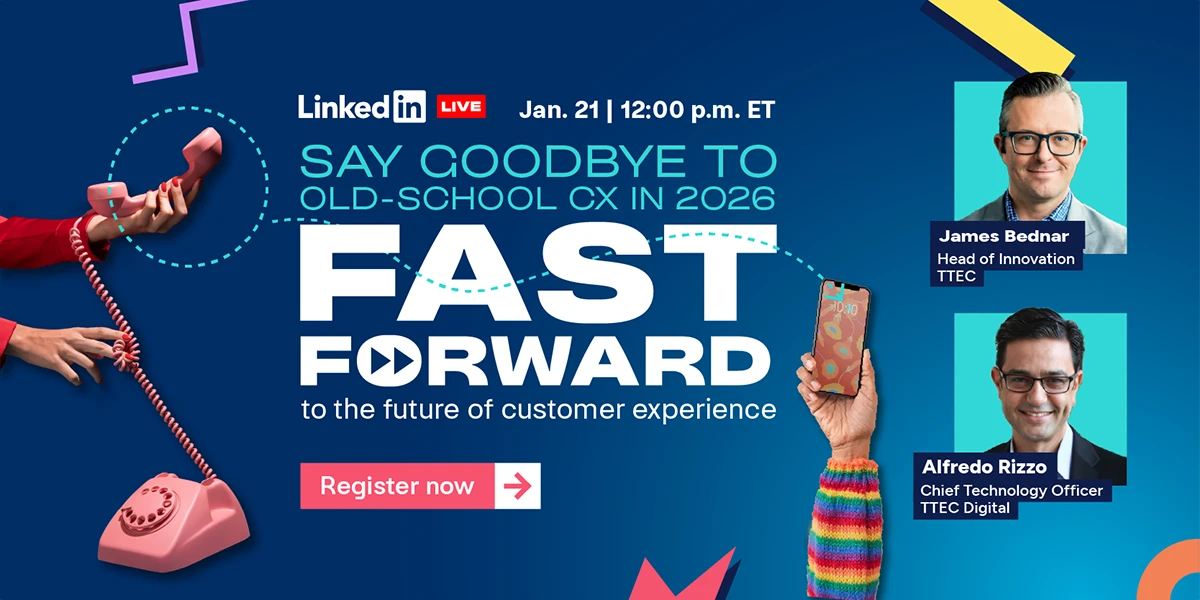Many of our clients have been diligently collecting customer data for years. It is organized and stored in well-built CRM systems with the ultimate purpose of making customer experiences better and more efficient, and interactions between customers and companies more relevant.
The data typically supports better, more cost-effective marketing activities. However, it can also be used for other purposes that don’t immediately drive revenue but do strengthen the connection between the customer and the business.
One example that comes to mind is safety recalls. Many industries are affected: pharma, food, manufactured consumer goods such as toys and appliances, and tools routinely deal with product recalls. In the case of a safety recall, companies are first and foremost concerned with saving human lives. In addition, though, there is negative PR to consider, and the fact that recalls are incredibly expensive. Costs associated with recalls can easily skyrocket upwards of a billion dollars.
Imagine you are a well-known toy retailer, and a toy manufacturer has just issued a warning about a toy that has been recalled due to child safety concerns. You want to ensure that your customers are safe. You can access your customer database to determine which customers have bought the toy, and you can contact those known customers immediately. You can also use the customer data to develop segmentations and predictive models to determine how to best reach all customers – known and unknown – who may have been impacted by the recall.
For example, you could identify other customers in your database who likely purchased the toy but that purchase is no longer on record, or determine the frequency of visits for hard-to-reach customers so that your in-store recall operations remain in place for the appropriate time period. Knowing your customers and applying that knowledge to reach out to them quickly and efficiently will help you mitigate risks and contain costs.
Another industry using traditional CRM methods in new ways is automotive. In 2014, there was a record-breaking number of automobile recalls in the United States, which led to ground-breaking changes in the way automakers are dealing with recalls.
It’s no longer enough to simply send letters to affected customers hoping they will respond immediately. OEMs are leveraging their customer data and proven CRM strategies to tailor communications, messages, and contact strategies, urging impacted customers to bring their vehicles in for repair.
Customer safety transcends industries and CRM best practices can be leveraged for a better outcome. At the core of all these important recall campaigns are rich customer data and thoughtful, strategic analyses, creative segmentation schemes, sophisticated models, and careful measurement throughout.
Interested in learning about our full suite of automotive recall management services? Click here.
Also, check out the most recent issue of our eNewsletter.
Keeping Your Customers Safe: CRM Best Practices for Product Recalls
















